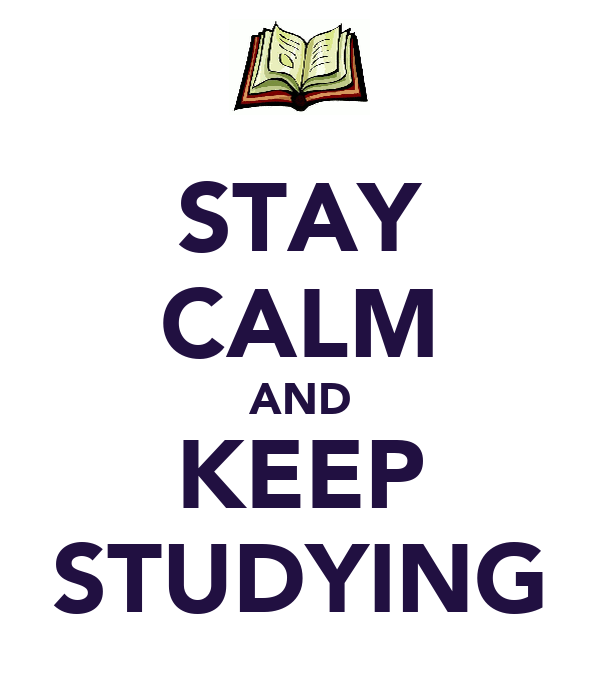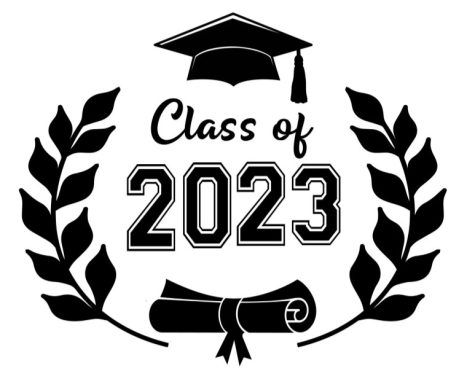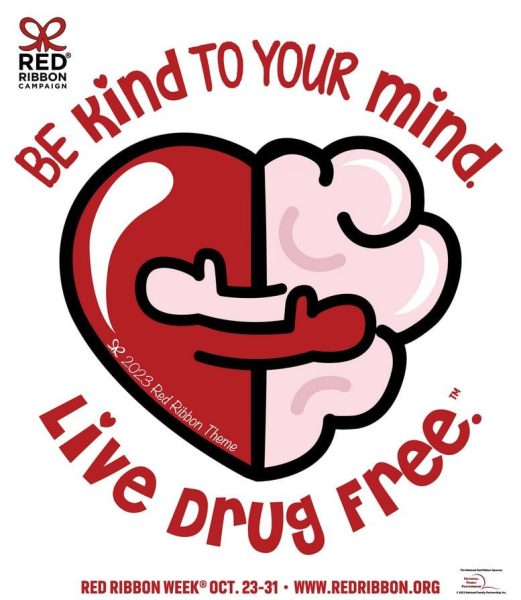Preparing for Upcoming Exams
With exams just around the corner, it’s important for GHS students to better prepare themselves to ensure that they perform to their best ability. Here are a variety of tips to keep in mind while preparing and studying for exams.
Create a Study Schedule
A study schedule is extremely important and effective. By planning your study time and prioritizing different classes and subjects based on strengths and weaknesses, it can also help in making time between all aspects in your life – studying, social life, activities, etc. Getting into a routine is useful and important as well. Studying habits such as having a set time designated for studying and blocking it for certain subjects and having a specific area to study in will help productivity and organization.
Stay Organized
Staying organized covers keeping up with all study materials – notes, textbooks, papers, etc. Keeping all classes in order and organized will eliminate stress by helping you save time and not scrambling for a specific sheet or unit in your notes.
Take Regular Breaks
Taking miniature breaks during studying sessions can help retain the information and make sure you don’t burn out quickly. Trying to cram in lots of knowledge in one day or all at once isn’t beneficial nor healthy. Stay on top of your work and tasks and allow yourself to have intermission between studying.
Cornell University spoke on the importance of taking breaks, saying:
“Research shows that taking purposeful breaks (anywhere from 5–60 minutes) from studying to refresh your brain and body increases your energy, productivity, and ability to focus.
Keep in mind: social media doesn’t work well as a “purposeful break” (see the research). Instead, find activities that give your mind a break and allow you to breathe deeply, laugh, move your body, be creative, or “zone out” on purpose. These kinds of activities will help you re-energize and re-focus.”
Their article on taking breaks also provides mindful and healthy ways to do so, along with ways to relieve stress. To read the full Cornell article, click here.
Practice and Use Your Resources
There’s lots of ways to test your knowledge when studying and to study. One of the best ways to do this is to do practice tests and quizzes or past exams. Familiarizing yourself with the content and format will help identify which areas you may need to devote more time and studying to.
Here’s a short list of websites and different things you can do and use during your study sessions:
- Flashcards → Whether it be for vocabulary, key figures, etc., making flashcards is always helpful and a simple and efficient way to memorize information.
- Quizlet → No matter the course, subject, unit; Quizlet has it covered. You can do digital flashcards sets, games, and tests made up on the specific set you’re studying.
- Fiveable→ AP Students should use Fiveable to their advantage. Fiveable has most, if not all, AP Courses with lots of tools to help you practice, read, and study, all for free. They have videos from their past live sessions, all units in AP courses, study guides, and more.
- Independent List → A way to see what you know and don’t is making a list about the subject. Without looking at notes or any material, write a list of all the things you know surrounding what you’re studying. When you run out of information, go back and see what you missed or might want to add. A list can also be handy in memorization, as you can always look back over it later.
- Talking out Loud → You should never just simply read the information. Whether it be writing it down or making flashcards, another tool is to talk about it to someone or out loud to no one in particular. Hearing yourself speak it and explain it will help you memorize it and for some it even helps them understand the material better.
- Watching Videos → There are many YouTube channels that discuss classes you may be taking and certain topics you’re studying. Some helpful channels are CrashCourse and Mr. Sinn, but just going to the search bar on YouTube for whatever you may be looking over, you are bound to find insightful and informative videos.
- Annotate → If you’re able to, using sticky notes and a tab system for your subject’s textbook can be helpful. Make notes of important vocabulary terms, people, events, or just significant information as you read or review. Creating a system and tabbing what’s important can go like this: pink tabs for vocabulary, green for info., blue for events, and so on and so forth. This can help in making sure you retain what you’re reading and for memorization. Annotating also applies to highlighting and underlining. (However… don’t write in your textbooks unless you’re allowed to!)
As Always…
Eat well & aim to get at least seven to eight hours of sleep, to stay energized and improve cognition.
“Mounting research shows that a healthy diet improves brain performance and preserves brain function.”
Remember
Stay positive, try your best, and be confident and prepared!
Good luck to all Gaffney High Indians, we wish you well on upcoming exams!









